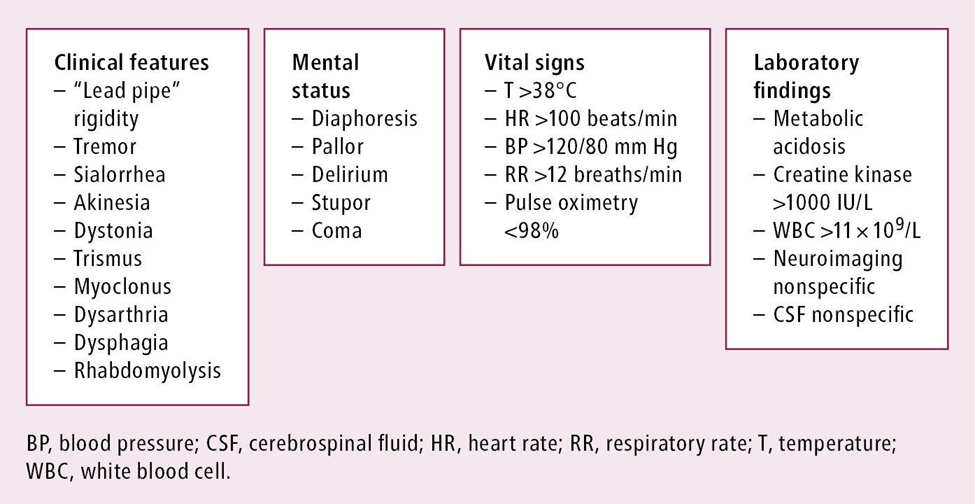In conducting the initial assessment of a preoperative client, the nurse notes that the client's home medications include the monoamine oxidase (MAO) inhibitor phenelzine. Because of this client's medication history, which assessment finding is most important for the nurse to monitor?
Blood pressure.
Urinary output.
Respiratory rate.
Temperature.
The Correct Answer is A
Rationale:
A. MAO inhibitors such as phenelzine can cause significant fluctuations in blood pressure, including hypertensive crisis when combined with certain foods or medications. Therefore, monitoring blood pressure is crucial to detect and prevent hypertensive emergencies.
B. While monitoring urinary output is important for overall assessment, it is not specifically associated with the use of MAO inhibitors like phenelzine.
C. Respiratory rate is not typically affected by MAO inhibitors like phenelzine and may not be the most relevant assessment finding in this scenario.
D. Temperature monitoring is important for general assessment but is not specifically associated with the use of MAO inhibitors like phenelzine.
Nursing Test Bank
Naxlex Comprehensive Predictor Exams
Related Questions
Correct Answer is A
Explanation
A. Current vital signs are essential for assessing for neuroleptic malignant syndrome (NMS), a potentially life-threatening side effect of antipsychotic medications like haloperidol. Vital signs such as temperature, blood pressure, heart rate, and respiratory rate are crucial indicators of
NMS.
B. While monitoring white blood cell count may be important for detecting infections or adverse reactions to medications, it is not specific to assessing for NMS.
C. Monitoring 24-hour urinary output may be important for assessing renal function but is not specific to assessing for NMS.
D. Monitoring blood sugar levels may be important for clients with diabetes or those at risk of hyperglycemia due to medication effects, but it is not specific to assessing for NMS.

Correct Answer is B
Explanation
A. This comment may come across as invalidating the client's feelings by assuming overreaction, which could potentially escalate the situation.
B. This response acknowledges the client's feelings and invites further exploration, fostering a therapeutic relationship and understanding of the client's experiences.
C. While understanding the cause of symptoms is important, it may not necessarily make them easier to handle, and it could divert focus from addressing the client's immediate concerns.
D. While encouragement is positive, this comment does not directly address the client's feelings or concerns, which is essential for building a therapeutic relationship.
Whether you are a student looking to ace your exams or a practicing nurse seeking to enhance your expertise , our nursing education contents will empower you with the confidence and competence to make a difference in the lives of patients and become a respected leader in the healthcare field.
Visit Naxlex, invest in your future and unlock endless possibilities with our unparalleled nursing education contents today
Report Wrong Answer on the Current Question
Do you disagree with the answer? If yes, what is your expected answer? Explain.
Kindly be descriptive with the issue you are facing.
